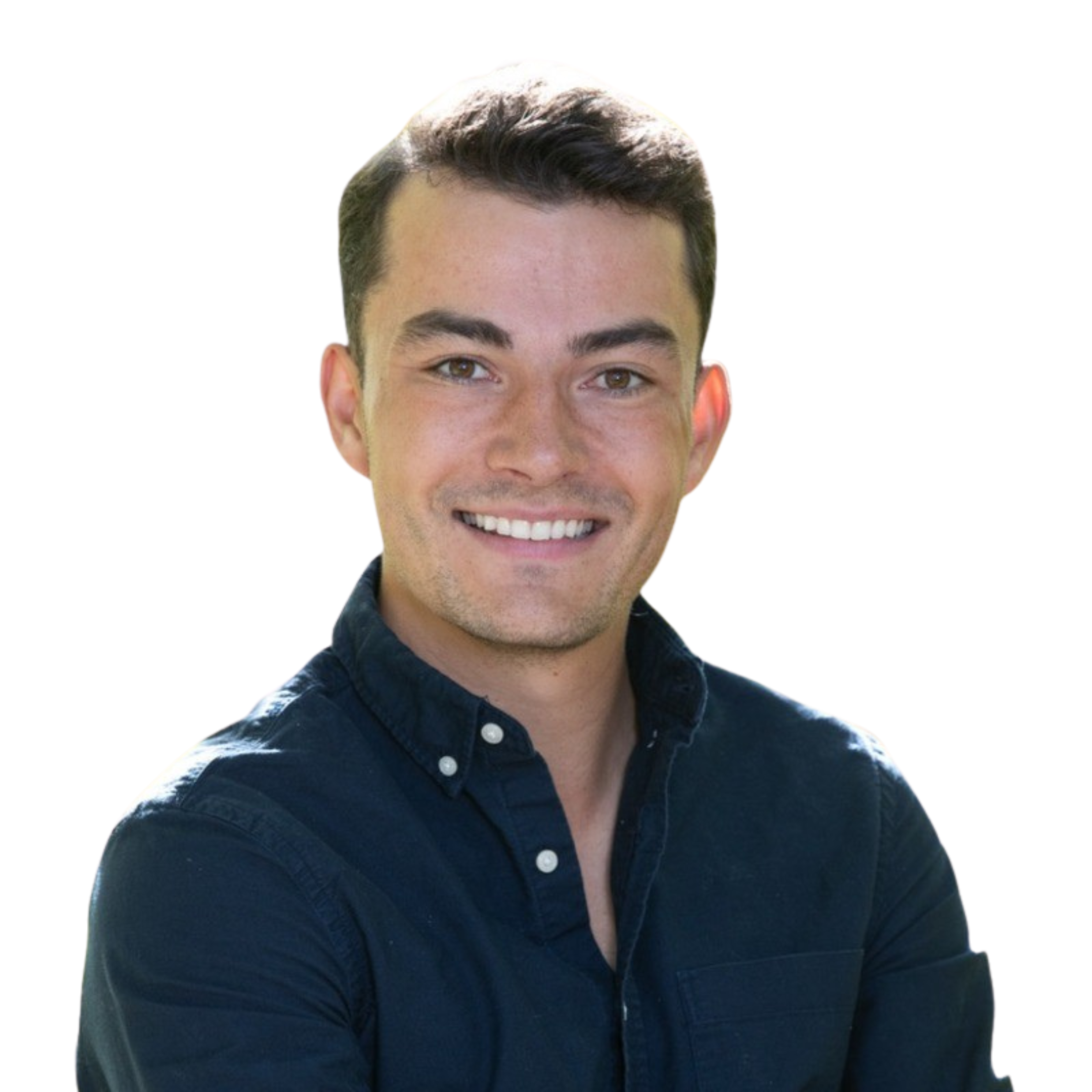
Join us for an exclusive interview with Noah Bohren, a third-year Ph.D. student in Economics at HEC Lausanne. Discover the driving force behind Noah's pursuit of a Ph.D., fueled by his deep interest in the scientific method and passion for experimental economics.
COULD YOU PLEASE INTRODUCE YOURSELF? WHAT YEAR DID YOU COMPLETE YOUR MASTER'S IN ECONOMICS FROM HEC LAUSANNE?
My name is Noah Bohren, and I am presently in the third year of my PhD in Economics at HEC Lausanne. My academic journey commenced with a Bachelor's degree in Economics from the University of Neuchâtel. This foundational stage was followed by a Master of Science in Economics from HEC in 2019. During these formative years, I developed a profound interest in microeconomics and quantitative economics, which continue to be my areas of focus.
WHAT INITIALLY SPARKED YOUR INTEREST IN PURSUING A PHD IN ECONOMICS, AND HOW HAS THIS DECISION CONTRIBUTED TO YOUR CAREER DEVELOPMENT?
My deep interest in the scientific method has been the cornerstone of my academic pursuits. I find great satisfaction in applying rigorous, yet creative, analytical approaches to economic subjects. This interest was further piqued by experimental economics, a field that intrigued me due to its diverse applications. It spans from testing theoretical predictions to delving into behavioral economics, offering a rich array of research possibilities.
WHAT SPECIFIC SKILLS OR KNOWLEDGE YOU ACQUIRED DURING YOUR MASTER'S PROGRAM HAVE PROVEN INVALUABLE IN YOUR CURRENT ROLE, AND HOW DO YOU APPLY THEM REGULARLY IN YOUR WORK?
Beyond the essential quantitative methods and theoretical frameworks, the most invaluable skill I sharpened at HEC is critical thinking. Developing general heuristics that can be used to meticulously analyze and interpret the interconnectedness of various events, discerning causal relationships from mere correlations, has been the most enriching part of my time as a master's student.
WHAT IS YOUR CURRENT RESEARCH ABOUT?
I am currently involved in two experiments. The first examines the creative and adaptive competencies of AI chatbots. This research is significant as it explores the capabilities of emerging technologies in domains traditionally dominated by humans, providing valuable insights for businesses contemplating AI integration and educational institutions preparing for future challenges. The second experiment aims to enhance our understanding of recommender systems in environments characterized by diverse consumer preferences.
WHAT ARE YOUR FUTURE PLANS?
While my academic journey has been immensely rewarding, encompassing both research and teaching experiences, I am contemplating a transition to the private sector. This move is motivated by a desire to apply my academic insights to real-world economic challenges."
BASED ON YOUR PERSONAL EXPERIENCES AND CAREER JOURNEY, WHAT ADVICE WOULD YOU OFFER TO CURRENT STUDENTS PURSUING A MASTER'S IN ECONOMICS TO HELP THEM MAKE THE MOST OF THEIR ACADEMIC EXPERIENCE AND PREPARE FOR A SUCCESSFUL CAREER?
To future master’s students in economics, I recommend a holistic approach to learning. While it's crucial to master the theories and methods specific to our field, it's equally important to maintain an open mind. Engaging with literature and perspectives from various disciplines can provide a more comprehensive understanding of complex societal issues, such as environmental challenges, the future of work in the age of AI, and socioeconomic inequalities.
We extend our heartfelt gratitude to Mr. Noah Bohren for generously sharing his valuable insights and experiences with us.
Author: Ümmügülsüm Çavuş




